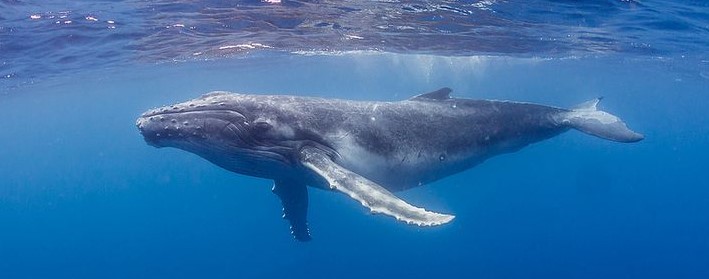The beaches of the Islands of South Georgia bear witness to a haunting legacy — the scattered bones of whales, a poignant testament to the bygone era of whaling. Once a thriving hub of whaling operations, this remote island, located approximately 800 miles southeast of the Falkland Islands, is now a stark reminder of the steep decline in whale populations due to the relentless pursuit of their valuable resources.
Historical Whaling Hub
South Georgia served as a significant center for whaling operations, evident in the thousands of whale bones strewn across its shores. Adjacent to these haunting remnants lie the notorious whaling stations, where diverse species of whales were ruthlessly hunted and slaughtered for their meat and blubber. The peak of this practice, particularly rampant in the 20th century, nearly decimated the global whale population.

Environmental Catastrophe
The Environmental Investigation Agency, a UK-based NGO dedicated to exposing wildlife crimes, reports a staggering toll: over 2.9 million whales were mercilessly exterminated during this period. The pivotal turning point came in 1986 when the International Whaling Commission reached an agreement to ban commercial whaling, leading to a gradual revival in global whale populations.
Uncovering a Tragic Consequence
However, the consequences of the extensive whaling operations are still unfolding. Researchers from Oregon State University have made a distressing discovery while examining the beached whale bones. The DNA diversity of whales has been significantly reduced by whaling activities, undermining the wide range of traits within the whale population.
A Threat to Survival
DNA diversity plays a pivotal role in a species’ ability to adapt to changing environments, making this discovery a matter of grave concern. The DNA losses are particularly pronounced in humpback, fin, and blue whales. This loss includes vital information passed down through generations, such as cultural memory, reproduction sites, and feeding locations. Scott Baker, lead co-author of the study and associate director at Oregon State University’s Marine Mammal Institute, highlights a disheartening aspect: “For 60 years, the whales have been absent from the South Georgia feeding grounds, suggesting that cultural memory was lost.”
The Peril of Lost Lineages
Angela Sremba, the lead author of the research group, emphasizes the imminent danger: “A maternal lineage is often associated with an animal’s cultural memories, such as feeding and breeding locations that are passed from one generation to the next.” The loss of a maternal lineage signifies the forfeiture of crucial knowledge.
Inbreeding and Its Consequences
A reduced variety of species compels whales to engage in inbreeding, breeding among closely related individuals. This practice endangers the growth of the whale population by rendering them more susceptible to diseases and environmental hazards. As a result, many of these whales may pass away prematurely, denying them the opportunity to reproduce and perpetuate their species.
Hope for Restoration
However, amidst these sobering findings, there is a glimmer of hope. Sremba asserts that this research “provides an opportunity to reconstruct the history of these whale populations and help us understand what was truly lost due to whaling activities.” By shedding light on the genetic consequences of whaling, we move one step closer to restoring and preserving the remarkable diversity and resilience of these magnificent creatures.
The legacy of whaling in South Georgia stands as a stark reminder of the environmental damage wrought by human activities. It also serves as a poignant call to action to protect and preserve the natural world that we share with these remarkable beings.
